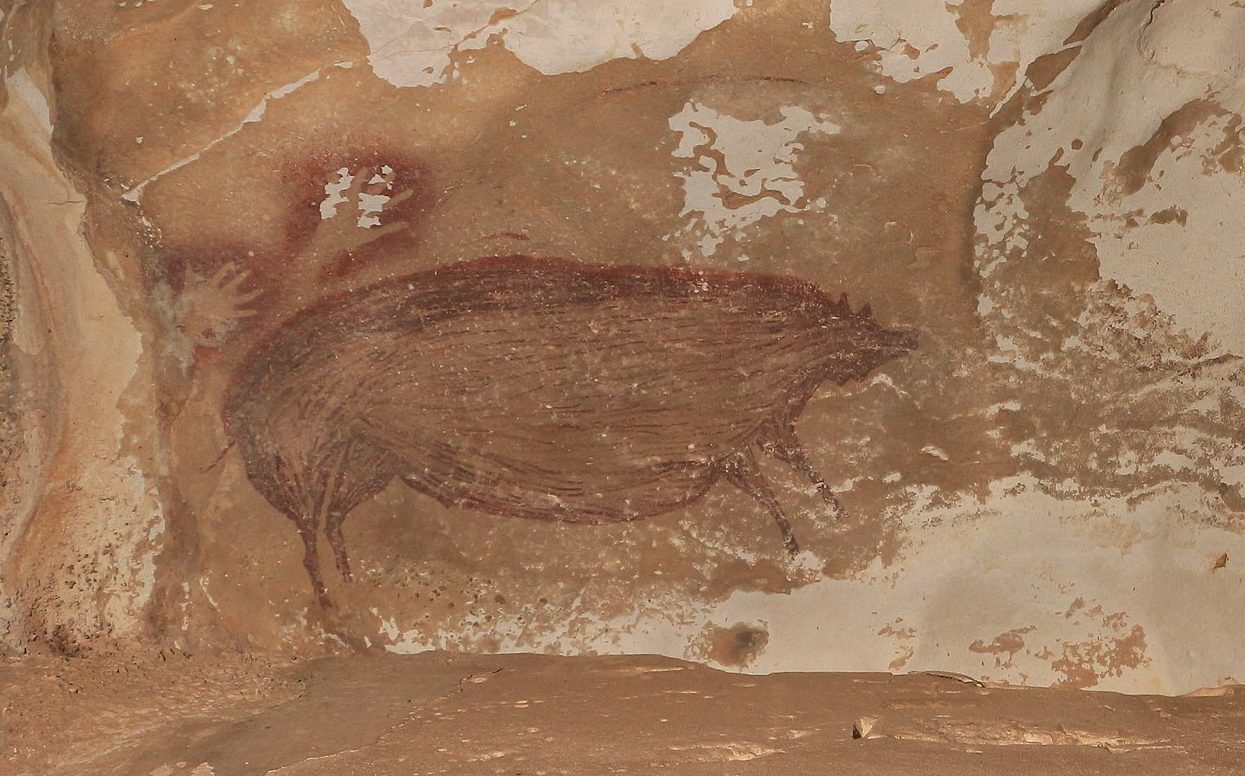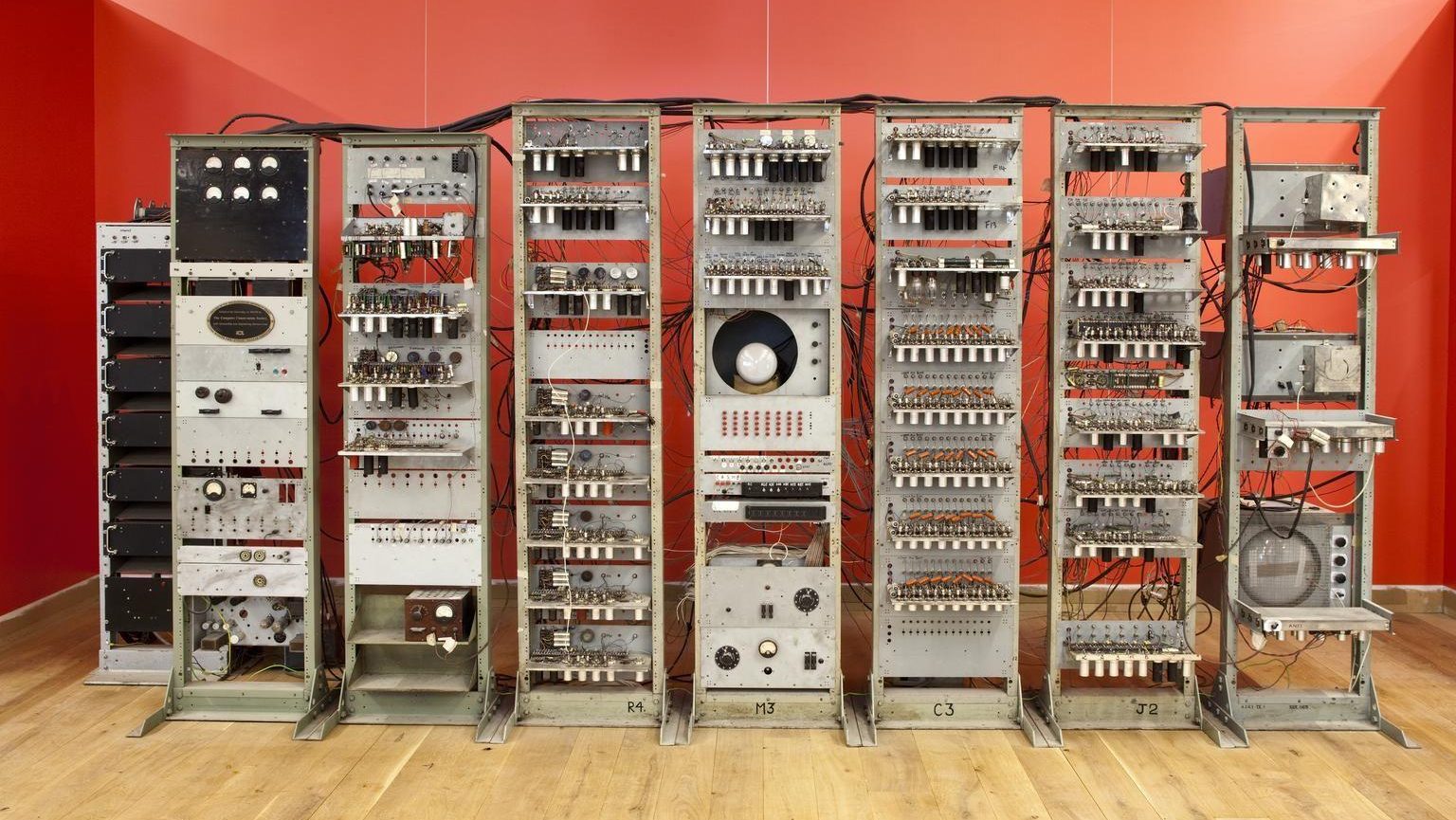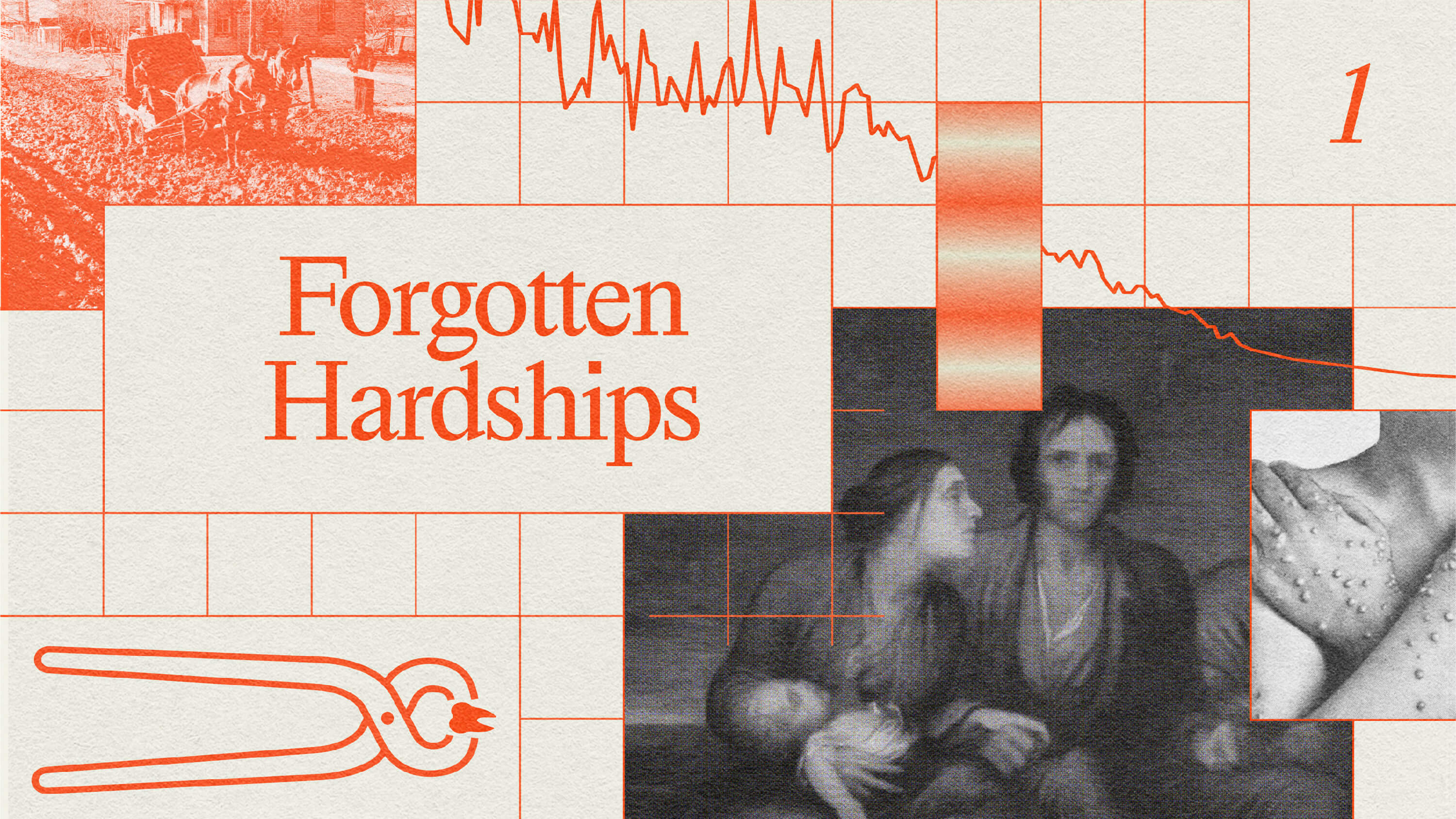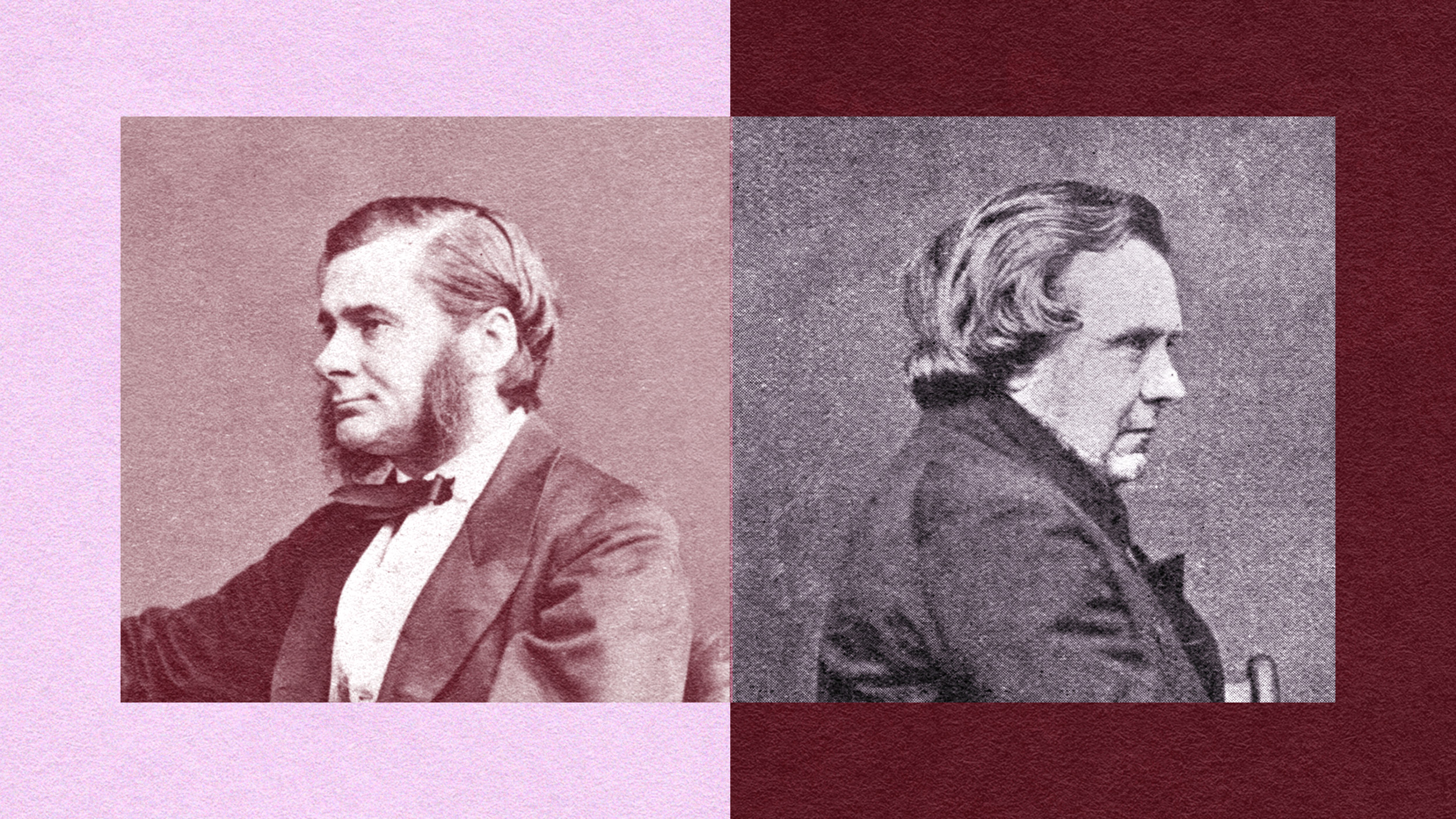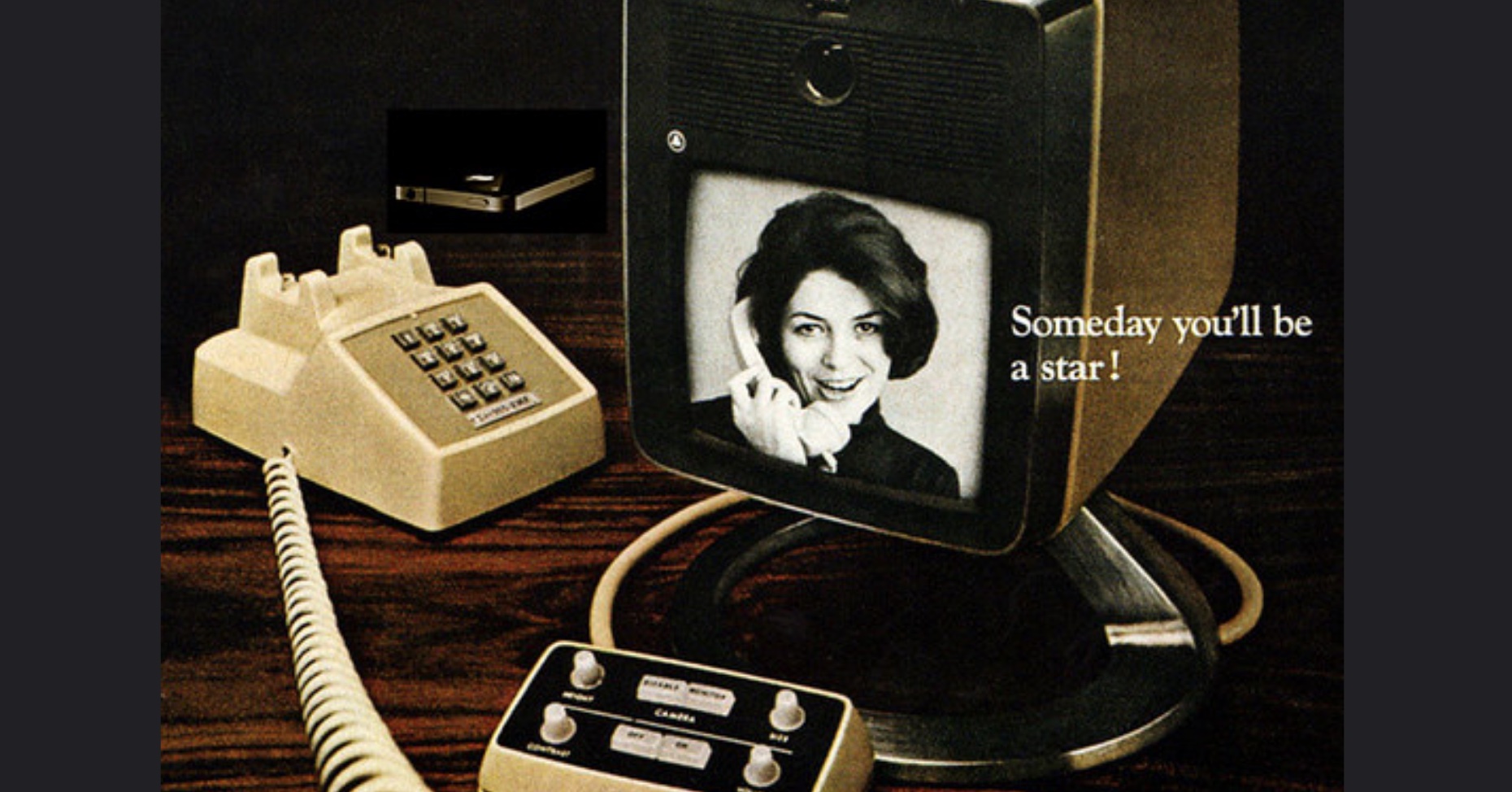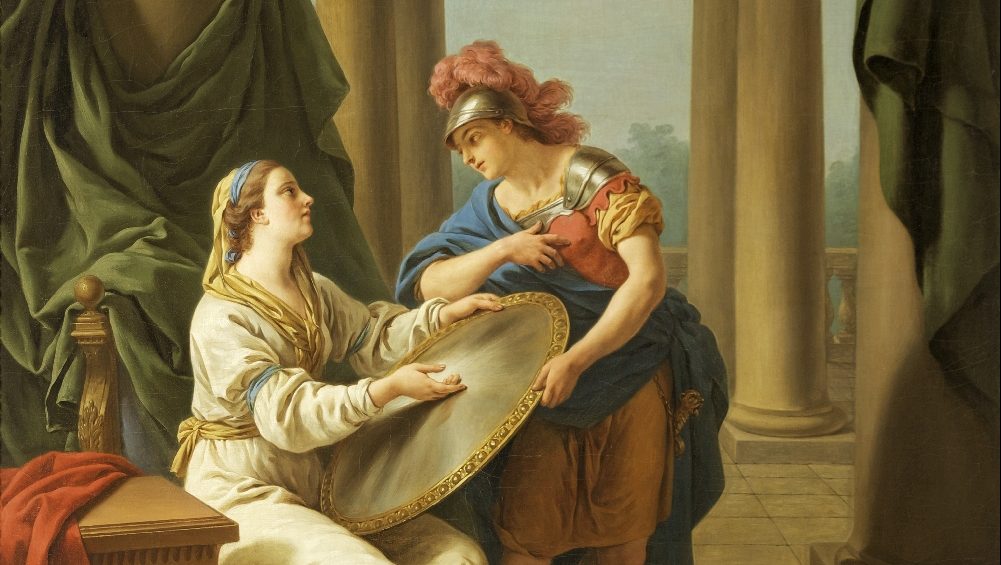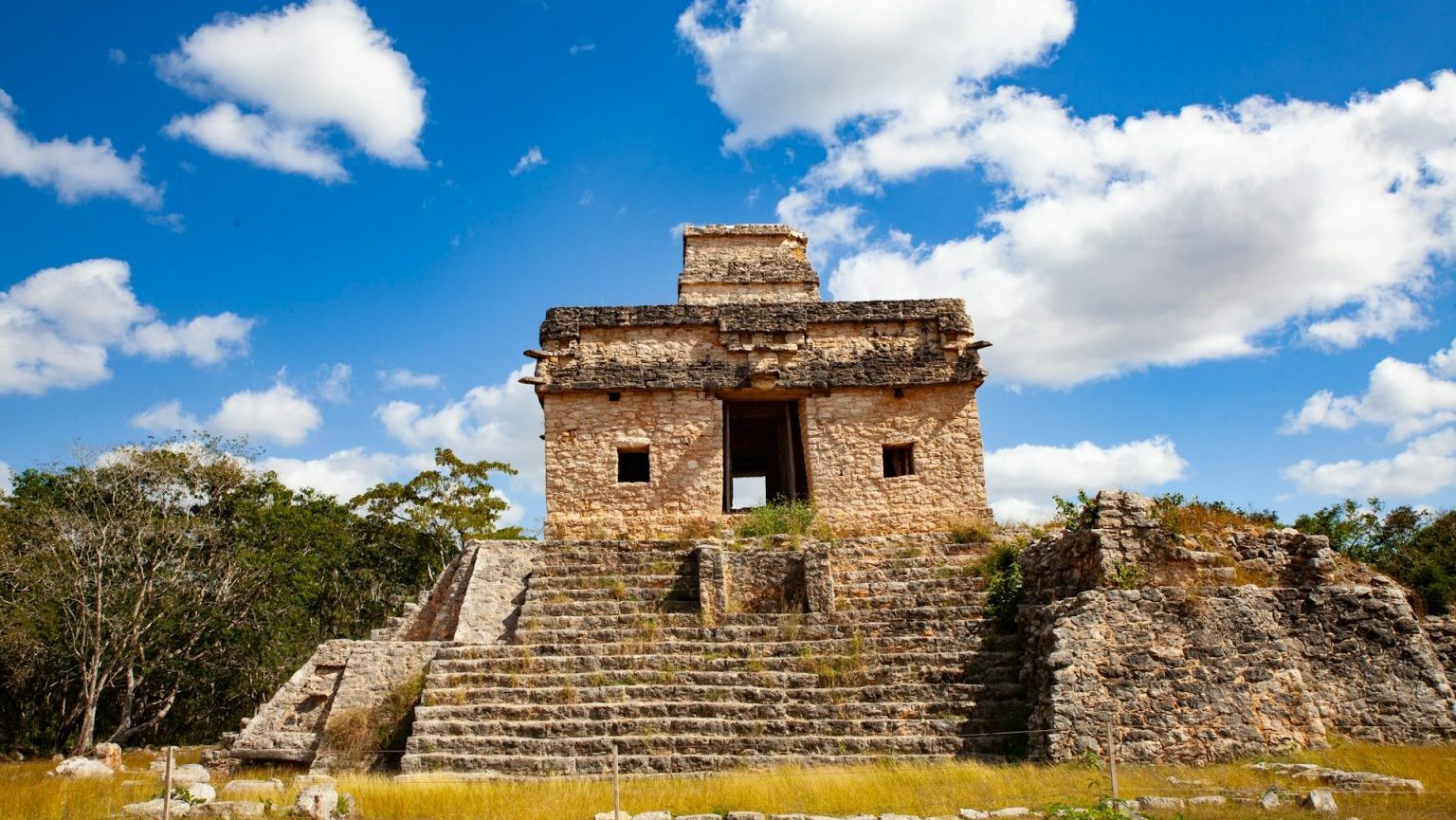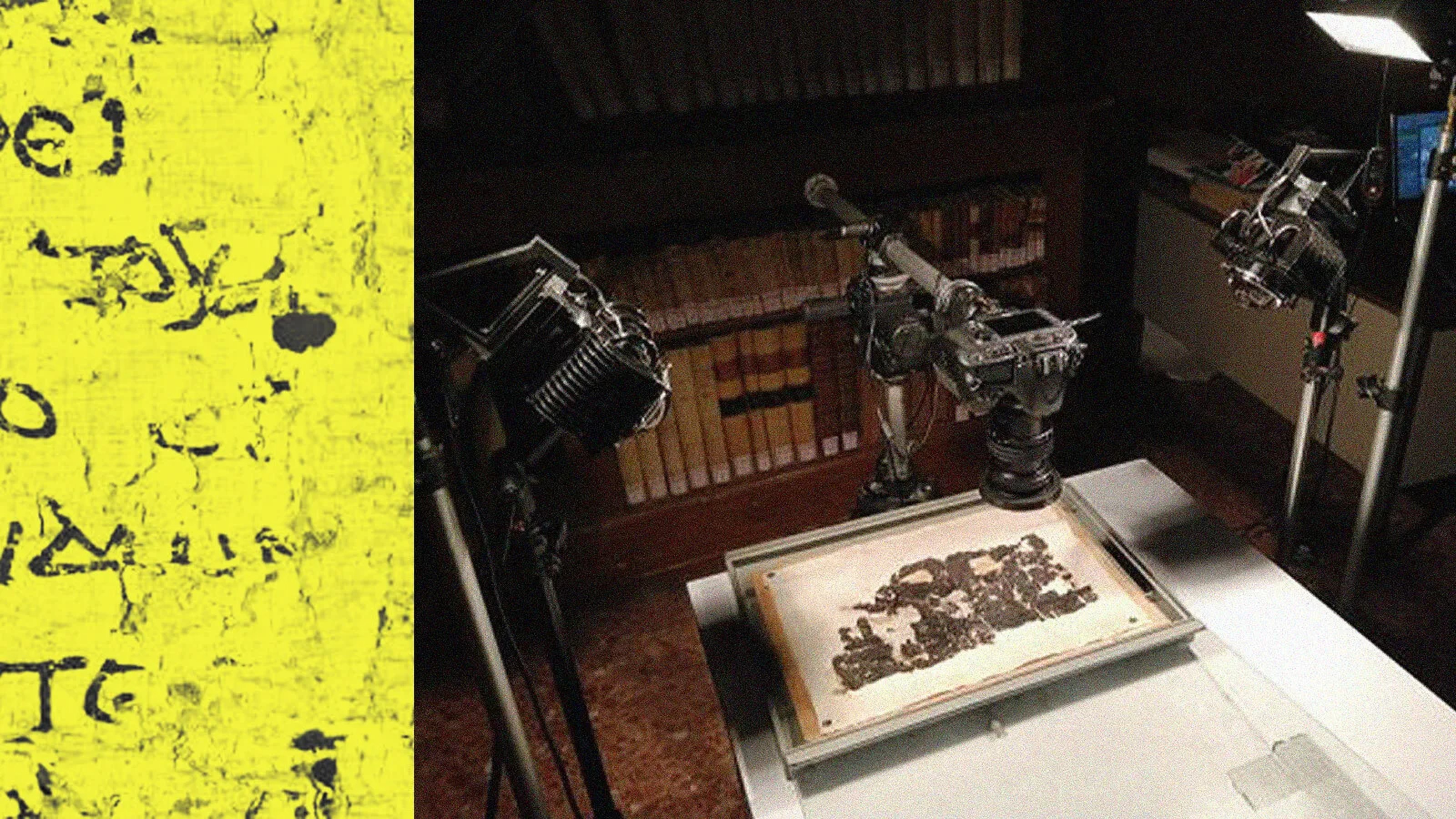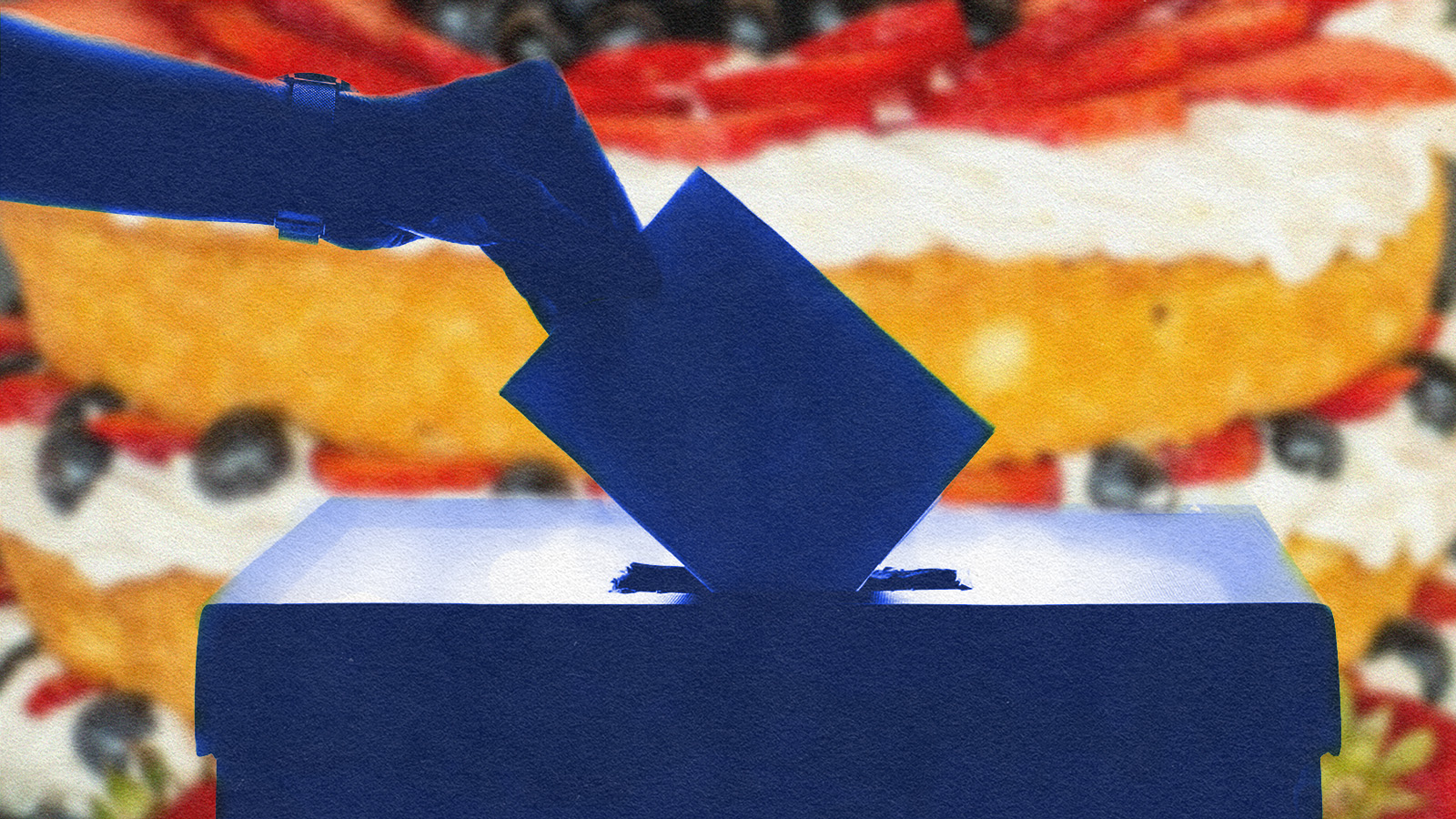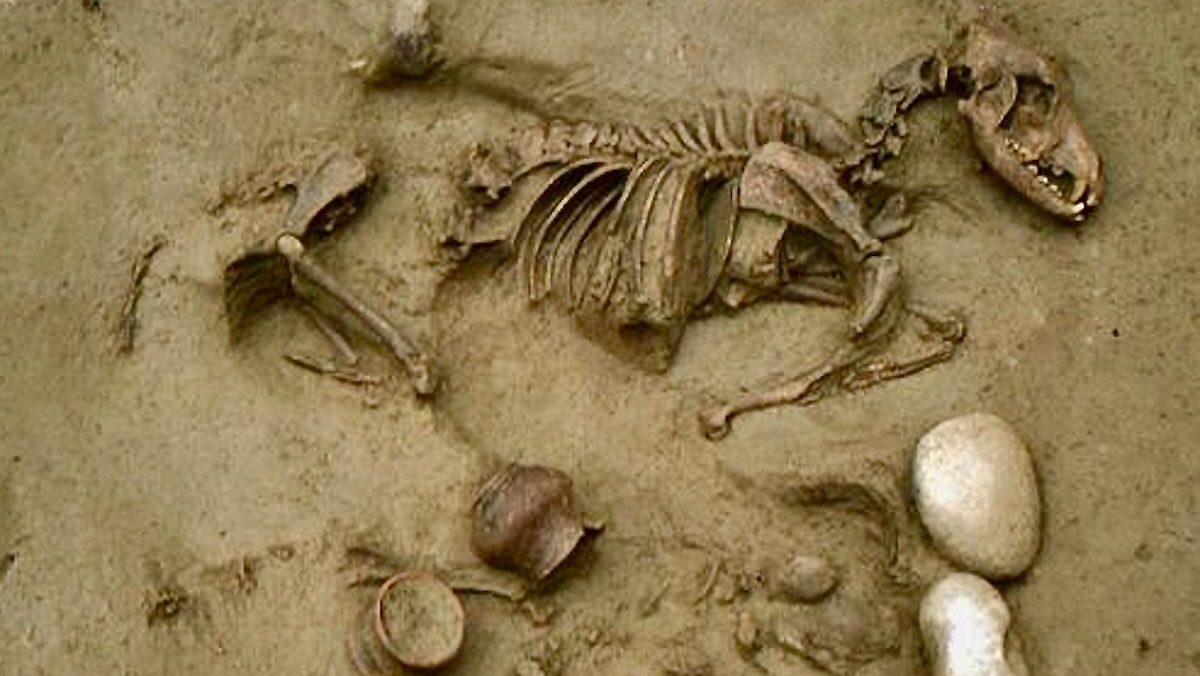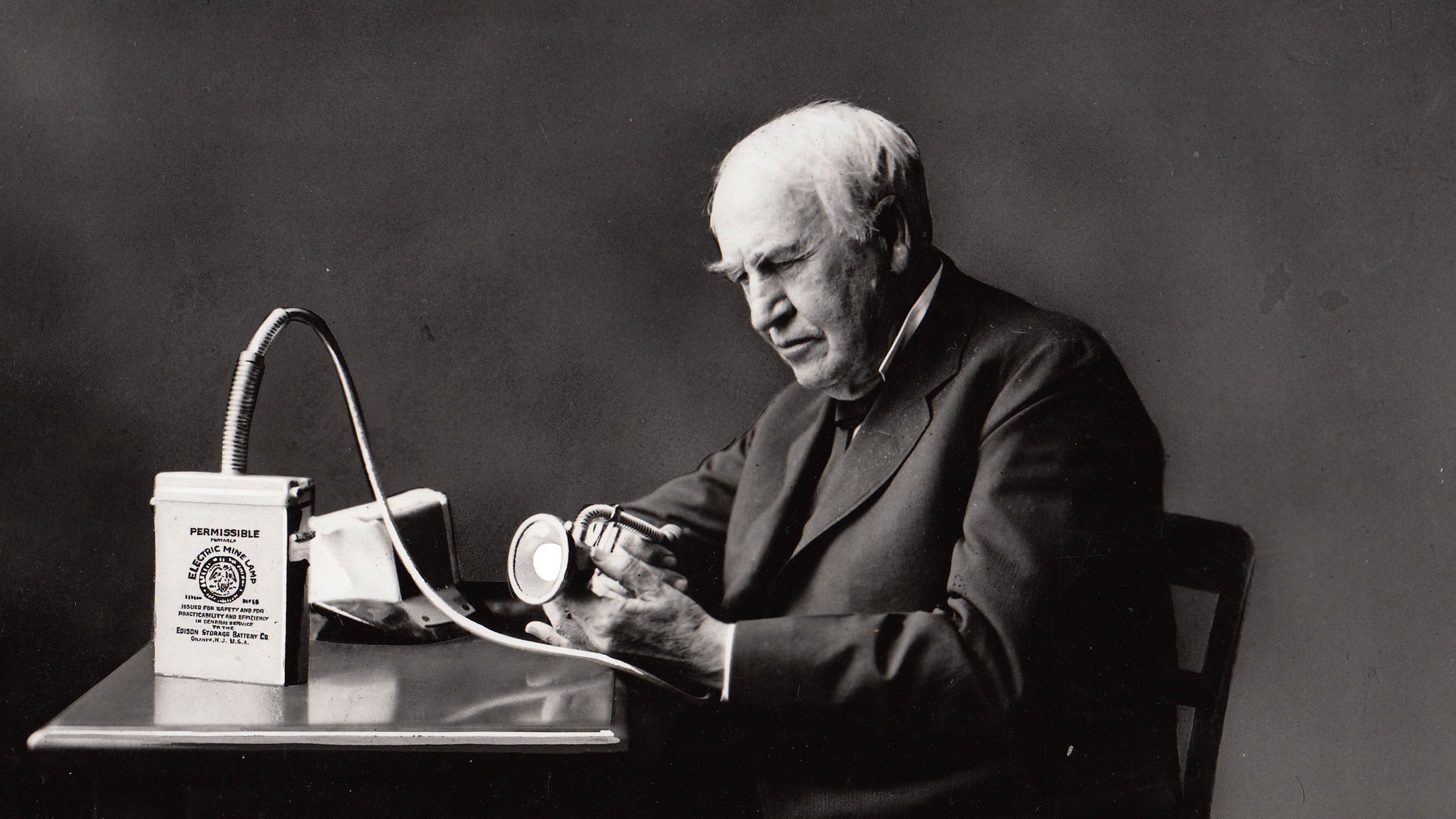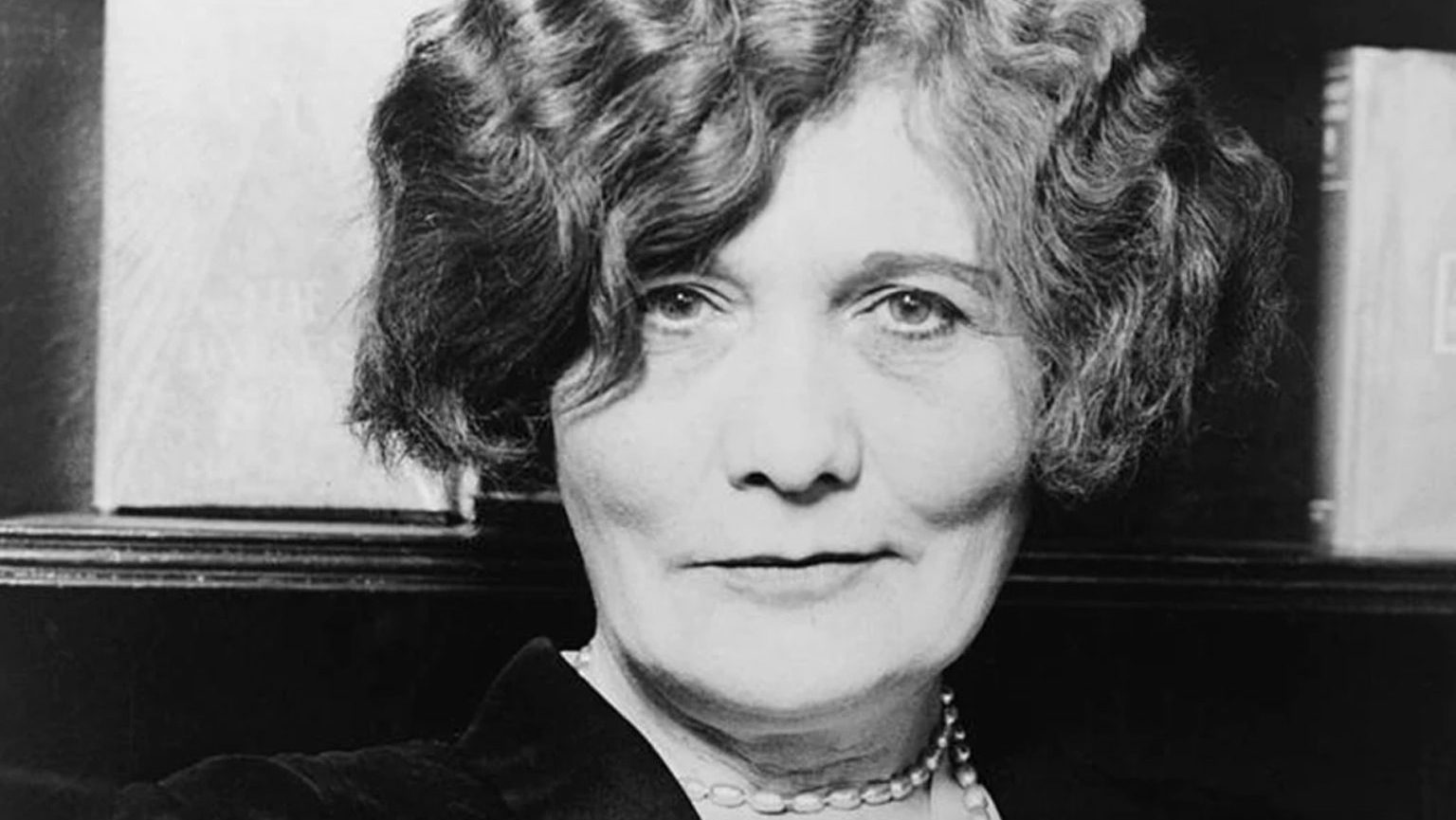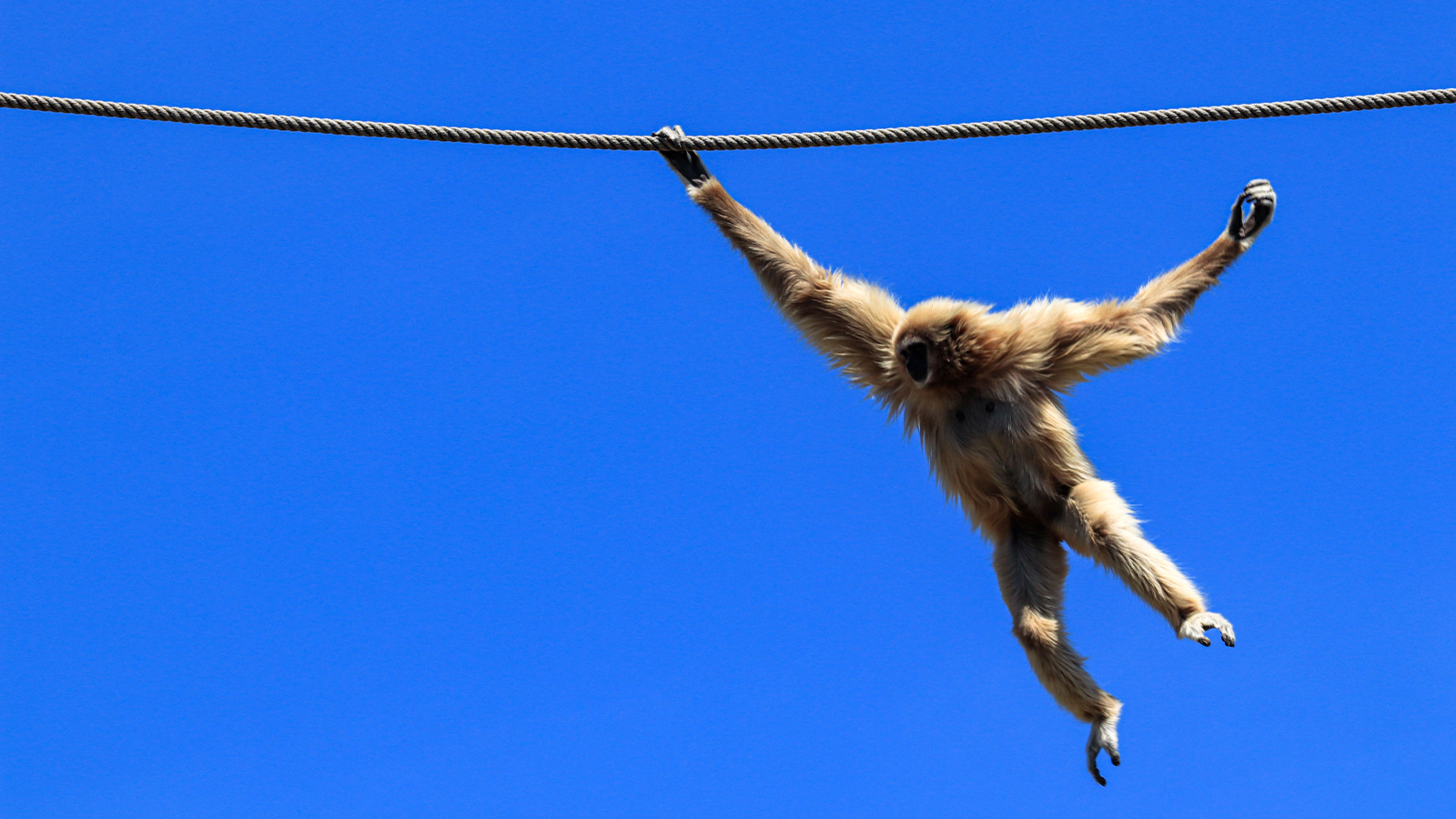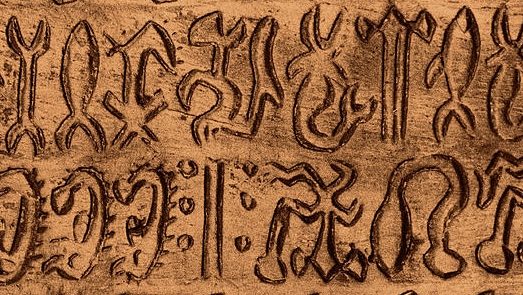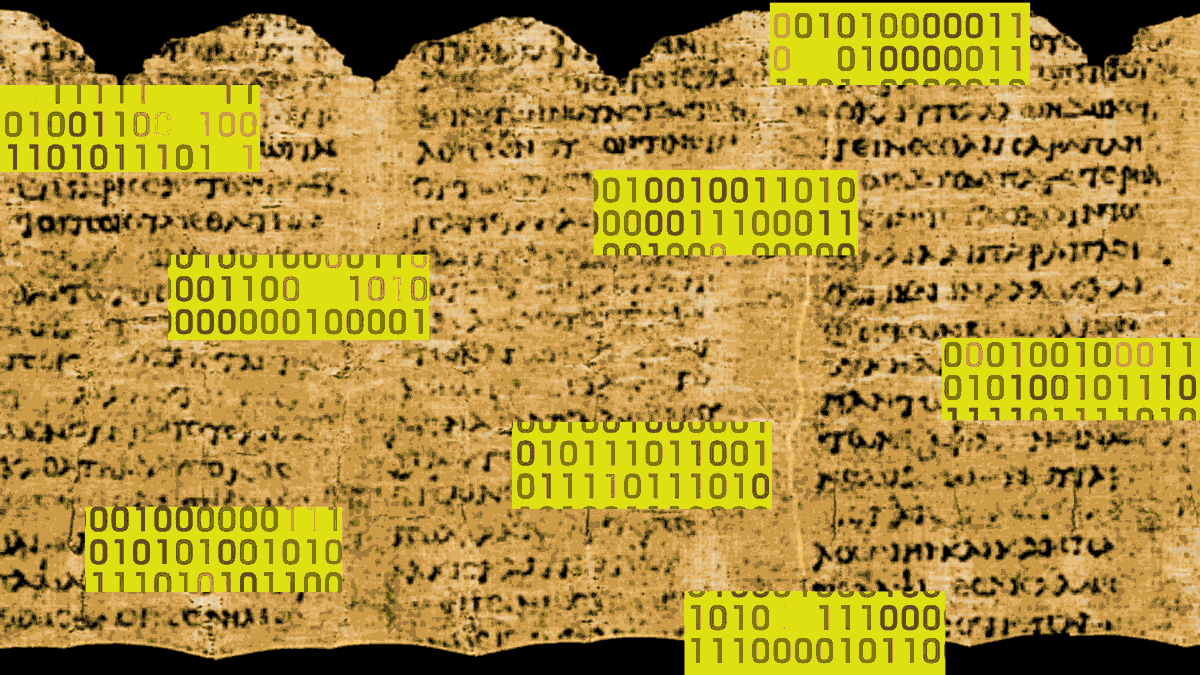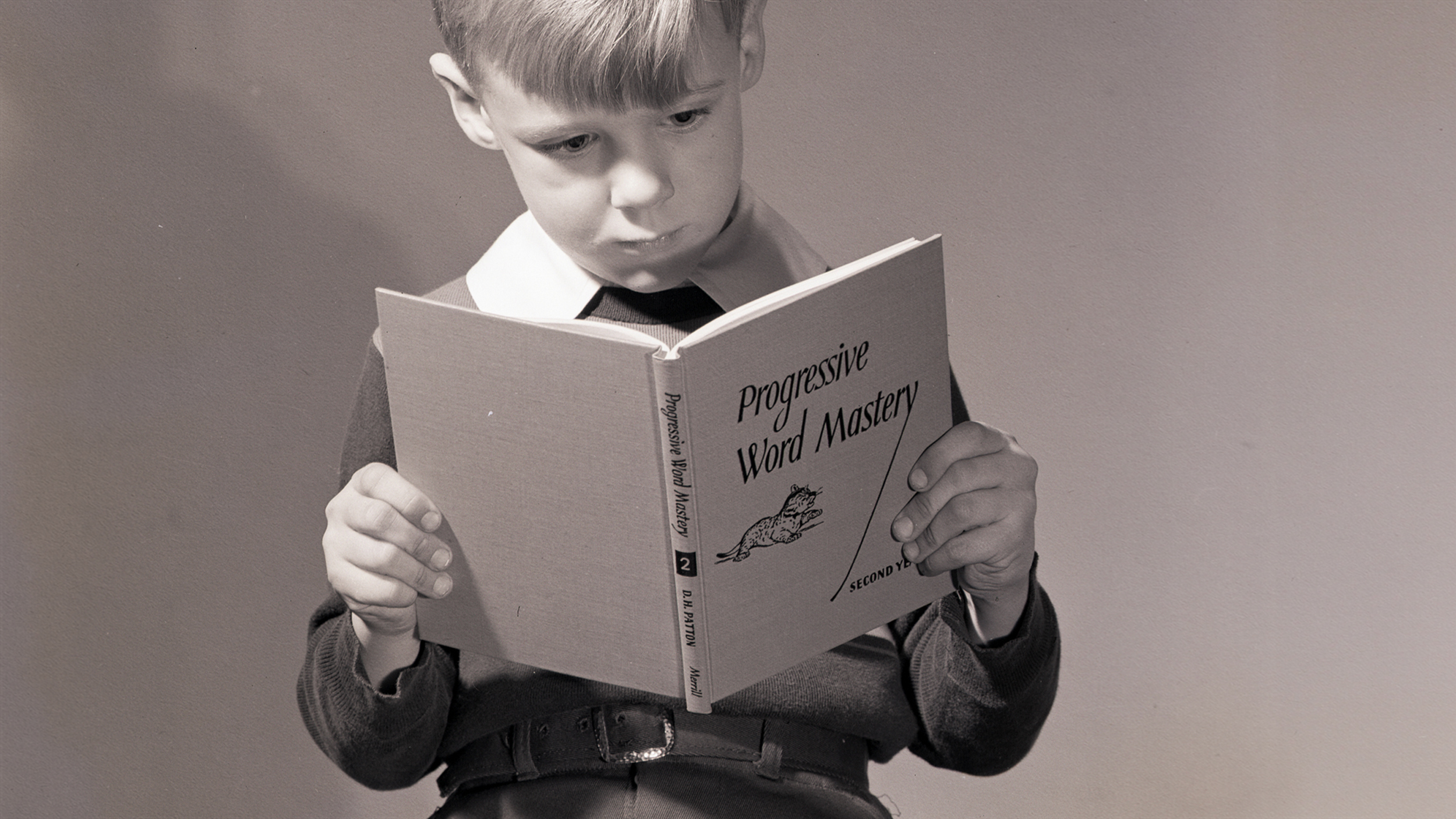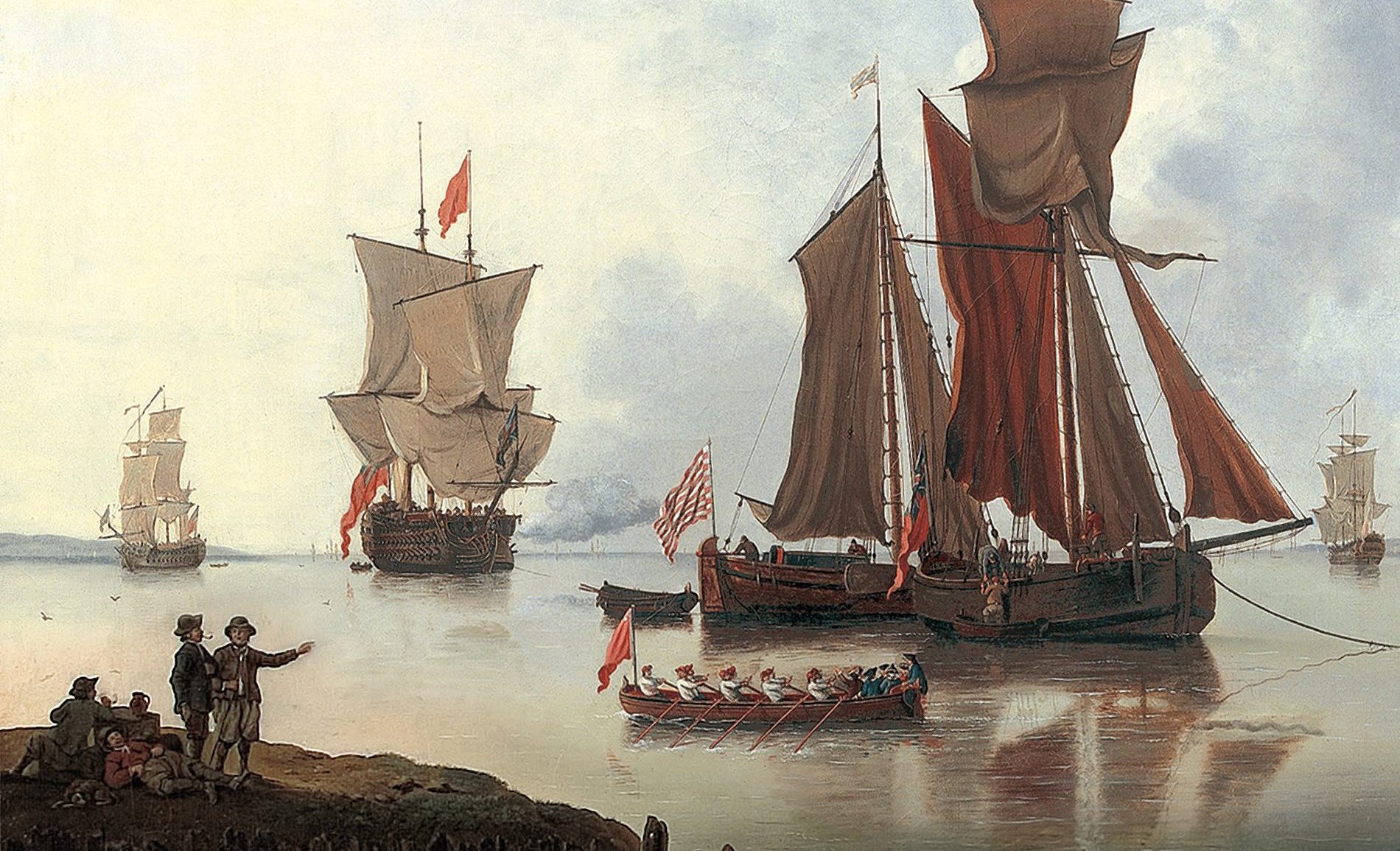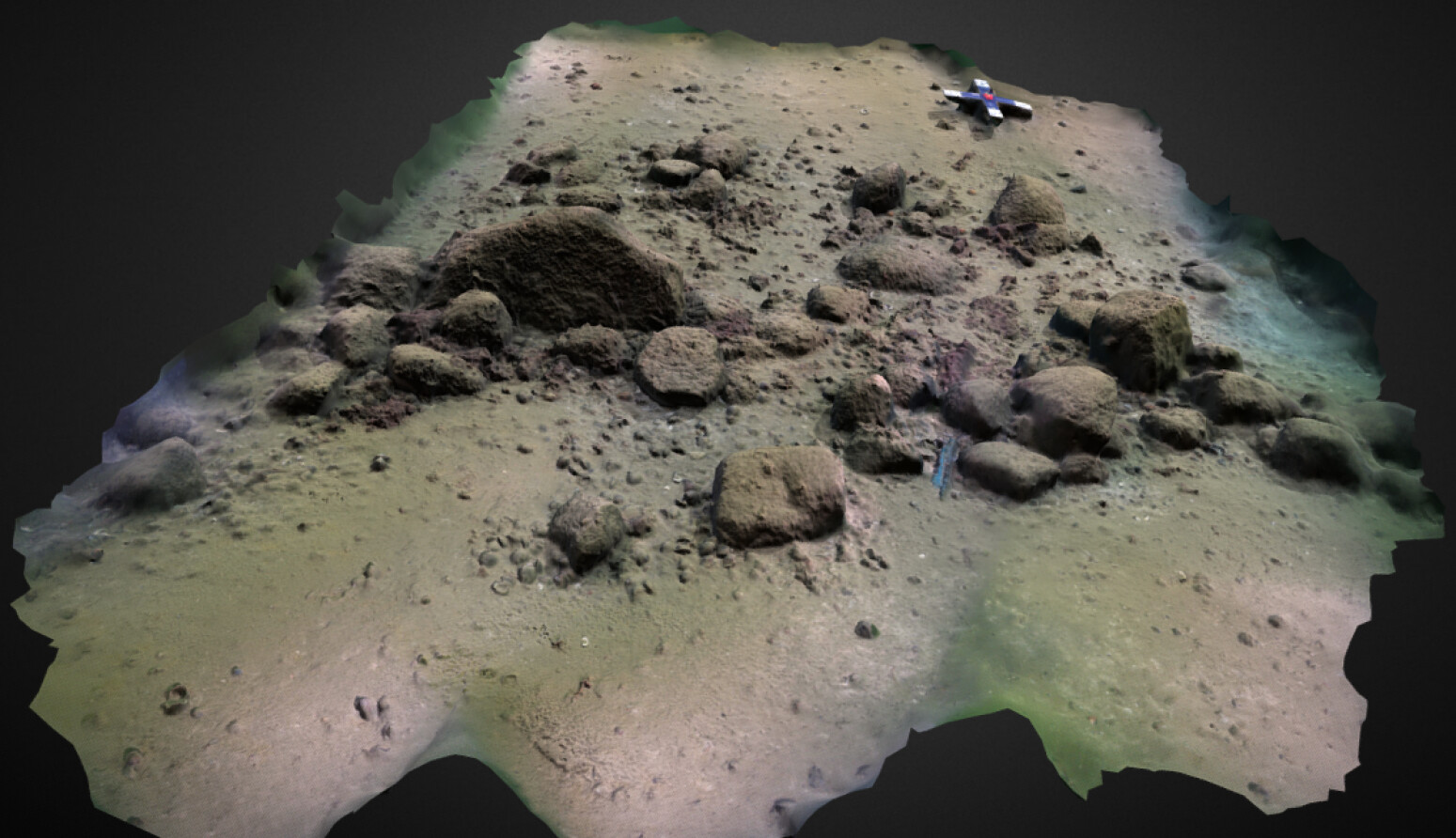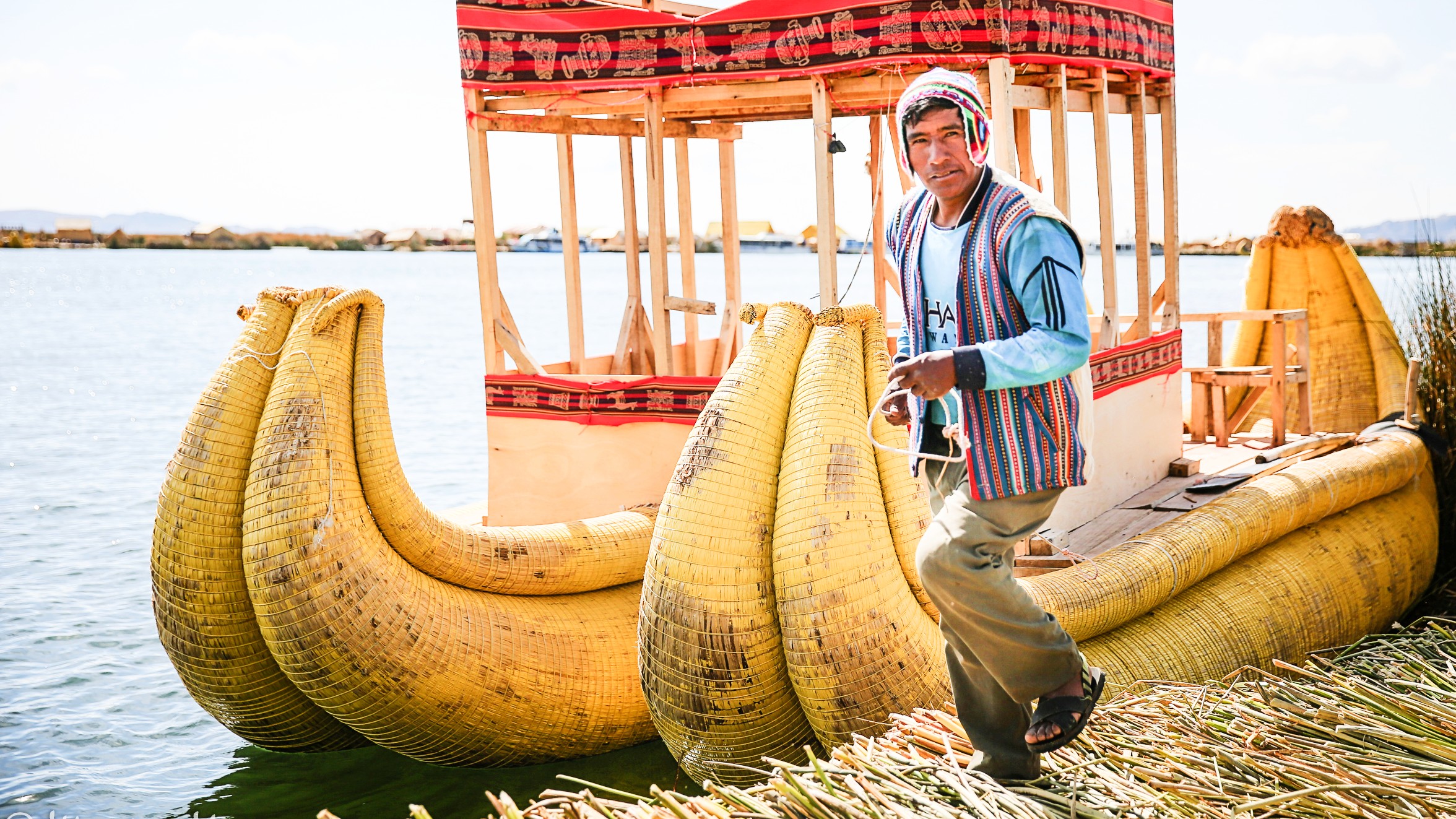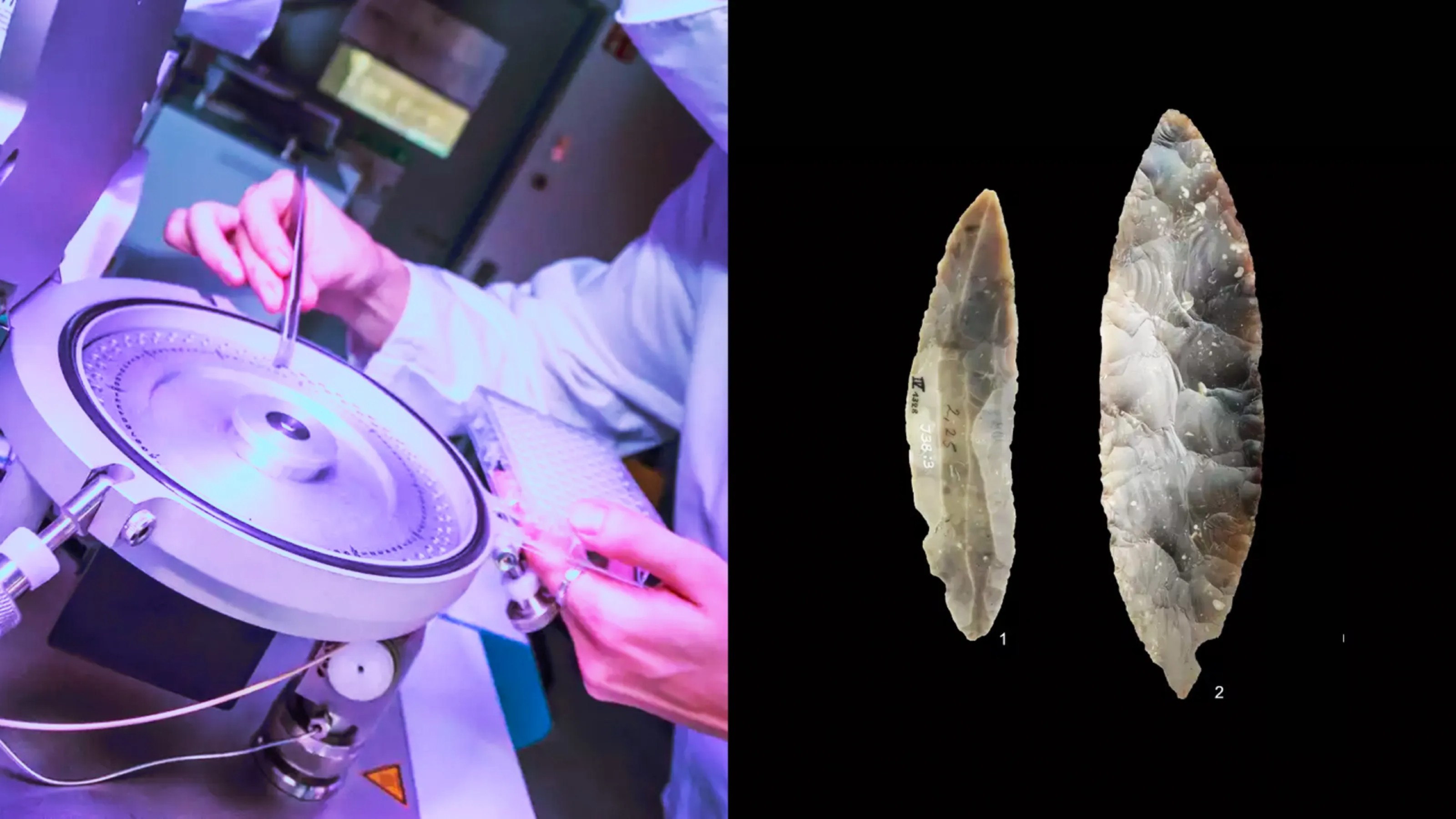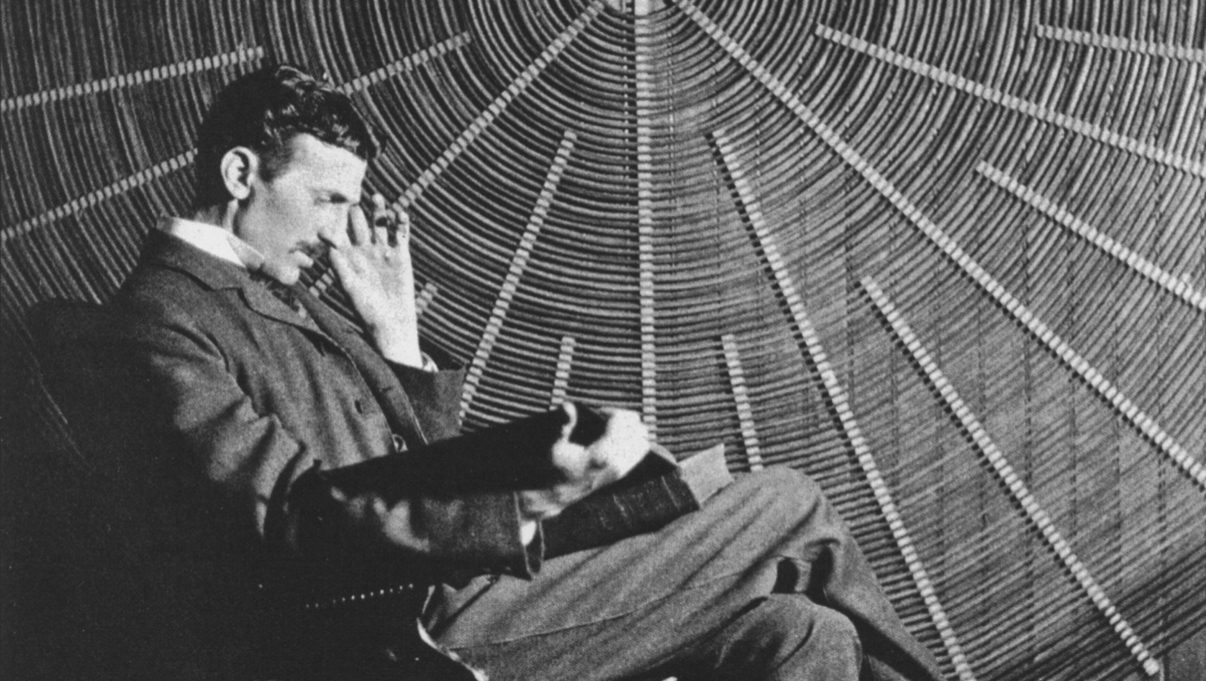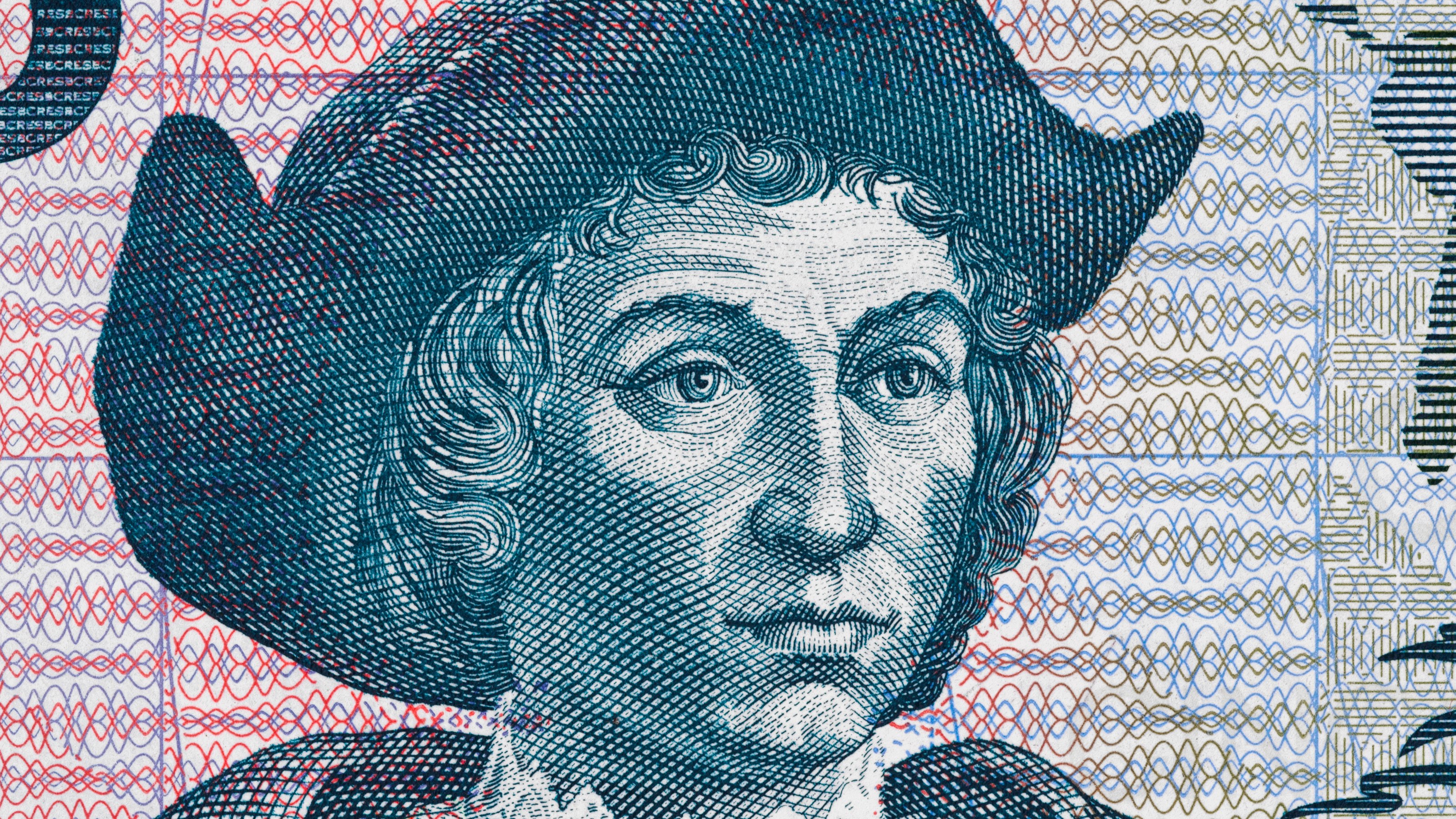The Past
All Stories
From surviving on wild plants and game to controlling our world with technology, humanity’s journey of progress is a story of expanding human agency.
An analysis of Indonesian cave paintings is reframing the history of human art, though whether the paintings really were created by human hands remains an open question.
Alan Turing and Christopher Strachey created a ground-breaking computer program that allowed them to express affection vicariously when so doing publicly, as gay men, was criminal.
9 minutes of cruel history may cure the anti-progress delusion.
The true story of the shot that “reverberated through England” when science collided head-on with religion.
While the concept stretches back centuries, it has garnered significant attention in recent decades.
Concerns about privacy and pressures regarding the physical appearance of women and their homes contributed to the failure of AT&T’s 1960s Picturephone.
In ancient Sparta, it was accepted practice for more women to marry and have children by more than one man.
How (not) to end up in the ash heap of history.
The burial spot was found in one of the Herculaneum scrolls charred by Mt. Vesuvius.
Author A.J. Jacobs explores how voting has changed since the days of the Founding Fathers — for better and for worse.
A poignant, 2,000-year-old burial in northern Italy could be the latest evidence of an ancient friendship.
On the morning of April 20, 1961, all conditions were “go” for an attempt at free flight. A man was on standby with a fire extinguisher. Just in case.
Plagues, war, and genocide were literally frozen in time.
During the industrial era the cost of artificial light fell off a cliff — and the road to illumination was paved with ingenuity and slaughter.
“Chicago May” was a classic swindler who conned her way around the world in the early twentieth century. She was also a sign of hard times.
A rift in thinking about who should control powerful new technologies sent the brothers on diverging paths. For one, the story ended with a mission to bring science to the public.
The truth may be out there — but it’s not in these close encounters of the third kind.
CRISPR study helps answer a question that has long puzzled scientists.
New radiocarbon dating reveals astonishing insights.
These scrolls are the only remaining intact library of ancient Rome — and they will crumble at a touch.
The National Defense Education Act of 1958 meshed with white anxiety about the desegregation of schools.
Big Think spoke with historian Marc-William Palen about the egalitarian aims of the free-trade movement in past centuries.
In 1924, sociologist and social reformer Caroline Bartlett Crane designed an award-winning tiny home in Kalamazoo, Michigan.
Archaeologists have identified what may be Europe’s oldest human-made megastructure.
The Uros of Lake Titicaca live on floating islands made from reeds. How did they get there?
The study suggests that human ancestors expanded across Europe faster than previously thought.
“She understood me and I understood her. I loved that pigeon.”
New DNA analyses raise questions over the theory that Christopher Columbus and his men brought syphilis to Europe.
Skilled hunters adapted to the changing landscape and left tantalizing clues to who they were.

